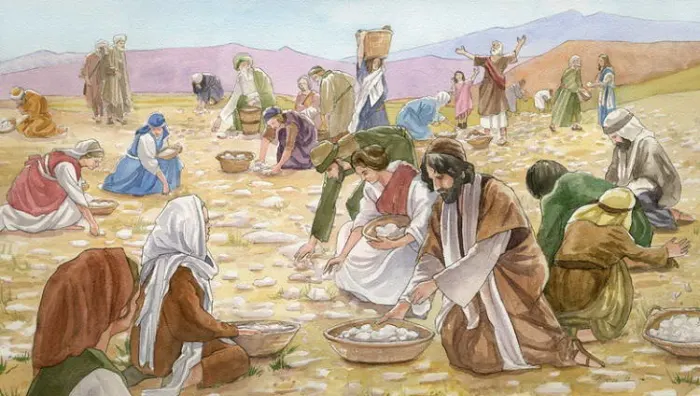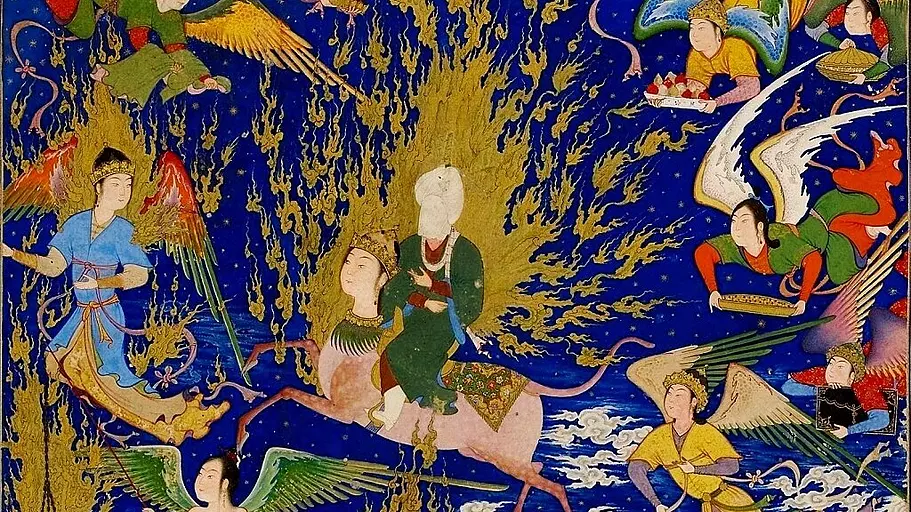23.6.22 The remarks made by Israeli Defense Minister Gantz yesterday regarding Lebanon receive particularly widespread coverage in Arab and Lebanese media. Last night, the Israeli Defense Minister was quoted saying: “If necessary, we will march again to Beirut, Sidon, and Tyre…”
According to Arab and Western media: Colonel Vadim Zimin, the former officer in charge of Putin‘s “nuclear briefcase” was found injured his home. According to reports, he was found with a single shot to the head.
22.6.22 The International Atomic Energy Agency: “Iran has announced that it has begun enriching uranium to new levels.”
Hamas spokesman Fawzi Barhoum responded to the expected dissolving of the Knesset: “The collapse of the Bennett government is a testament to the fragility and weakness of the Zionist entity and its internal structure. Yet another indication that our people’s steadfastness and the ability of the resistance to embarrass this government, eventually broke its willpower and prevented it from achieving its goals.”
Following the visit of the chairman of the Hamas Politburo to Lebanon, Reuters reports from its sources that Hamas decided to renew its ties with the Assad regime which were severed at the beginning of the Syrian civil war following Hamas’ support of the Syrian rebels.
Pressured by Iran, Hamas has long wanted to renew its relations with Assad, a member of the Shiite-axis, but so far it has been Assad who has turned a cold shoulder on Hamas ever since he expelled their senior officials from Syria about a decade ago.
Hamas’ return to Syrian territory could pose headache for Israel, serving Iran’s interest in the region well.
Lebanese Energy Minister Walid Fayad officially announced that Lebanon has signed an agreement with Egypt to import 650 million cubic meters of natural gas, expected to add about four hours of electricity a day for the people of Lebanon.
The United States has exempted this agreement from the American sanctions imposed on economic activity in Syria under the “Caesar Act”, allowing the transfer of Egyptian (Israeli) gas to Lebanon with the pipeline that runs from Egypt through Jordan and Syria.
Egypt has recently increased its gas purchase from Israel significantly. Egypt has not enough gas for themself.
 The manna that travelled with the people of Israel when they left Egypt has a deep meaning.
The manna that travelled with the people of Israel when they left Egypt has a deep meaning. The image of the Passover lamb in Exodus 11 is a preview of the cross of Jesus.
The image of the Passover lamb in Exodus 11 is a preview of the cross of Jesus. In a talk show on Egyptian television, Ibrahim Issa publicly described the night journey/ascension as a “completely delusional story”. He was heavily criticized for these statements by Islamic theologians in Egypt and also on social media and was then briefly arrested by state authorities.
In a talk show on Egyptian television, Ibrahim Issa publicly described the night journey/ascension as a “completely delusional story”. He was heavily criticized for these statements by Islamic theologians in Egypt and also on social media and was then briefly arrested by state authorities.